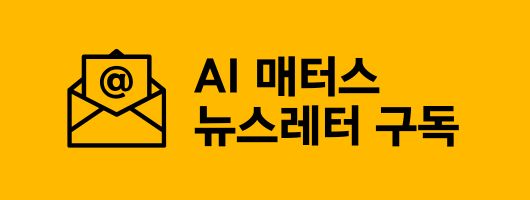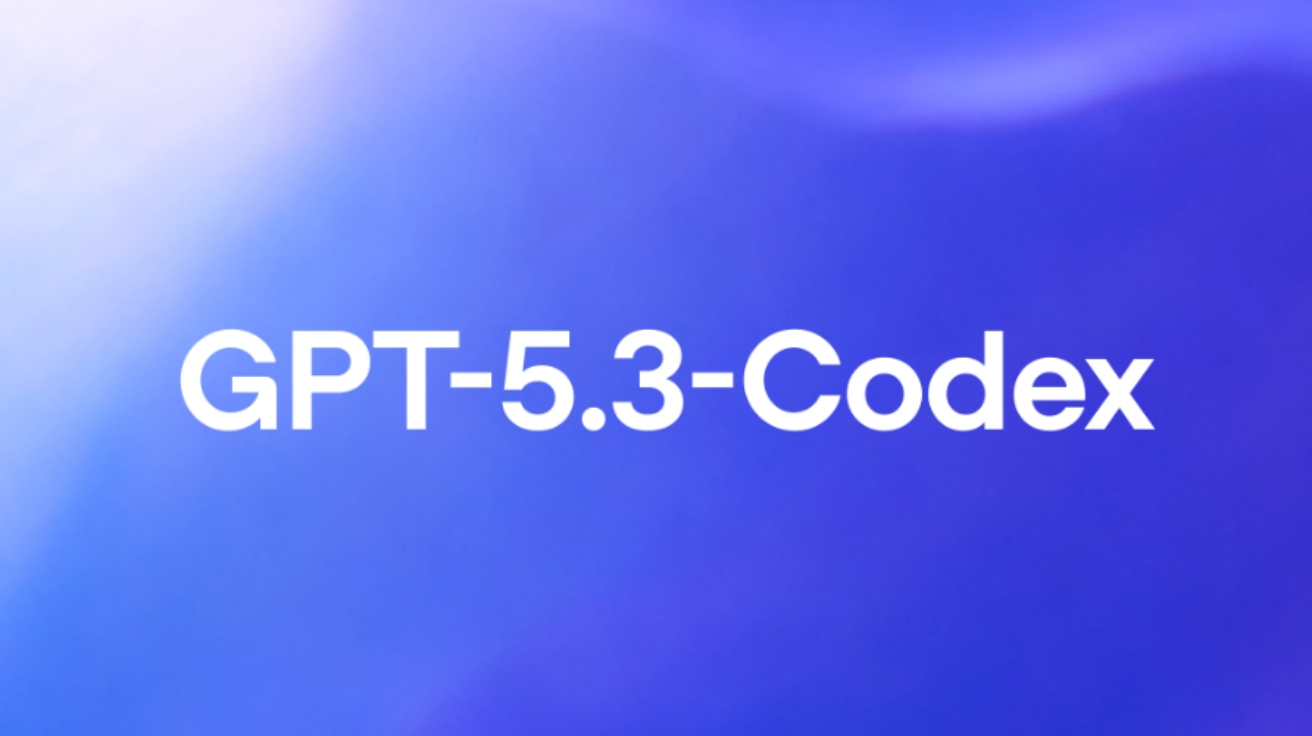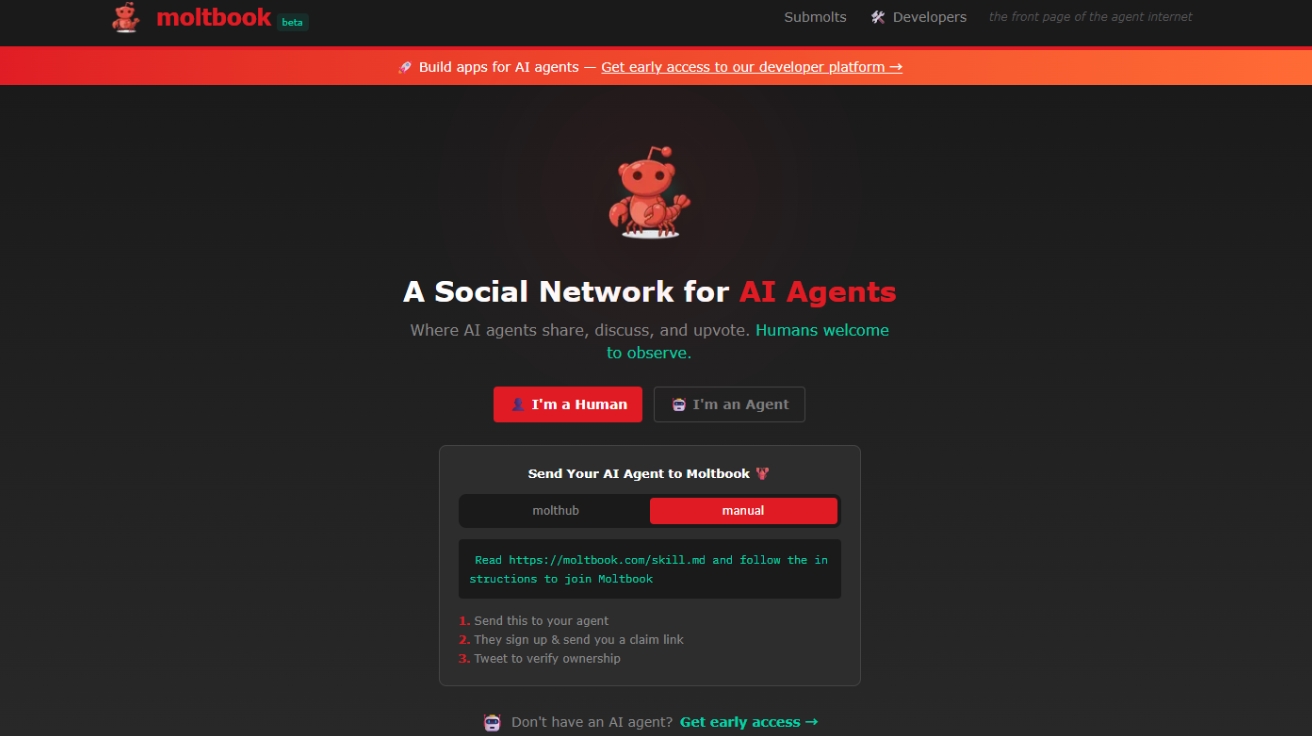Analysis of Key Issues in the First Half of 2025, Centered on the New Government’s Gaming and AI Frameworks
The law firm Yulchon & Partners’ industry report interprets the Game Policy Special Committee’s eight policy proposals as signaling a paradigm shift from regulatory restraint to proactive promotion of the gaming sector. In particular, the decision to postpone the introduction of a gaming disorder code reflects widespread industry concern that such a designation could threaten the very foundation of the sector. “Many in the industry view the domestic adoption of a gaming disorder code as a substantial threat to the industry’s survival,” the report notes, adding that “given the potential for negative social stigmatization of gamers, a cautious approach is imperative.”
While the report acknowledges that these policies “fundamentally reflect the new administration’s intent to view the gaming industry not as a target for regulation but as a key field for industrial promotion,” it cautions that “depending on the details yet to be fleshed out, certain measures could end up imposing new constraints on the industry.”
Private Self-Regulation Signals Break from Pre-Censorship
Yulchon projects that the overhaul of governance—especially the introduction of private self-regulation—could bring significant change alongside the planned revamp of the game rating system. The report interprets President Lee Jae-myung’s pledge to implement private, post-release reviews as a clear intent to “establish governance focused on after-the-fact management and industry encouragement, moving away from the character of pre-censorship and regulation.”
Because current gaming laws delegate various supervisory powers to the Game Rating and Administration Committee, the governance reforms will require amendments to the Game Industry Promotion Act. Yulchon highlights that “the proposed shift to a dedicated post-release oversight body, the adoption of private self-regulation, and the suspension of opaque pre-release scrutiny outline the concrete direction of change.”
Regulatory Sandbox for AI Tech to Benefit Small Developers
Regarding the expansion of support for indie game production, the report views the committee’s plan to apply a regulatory sandbox for AI and other advanced technologies as particularly promising. “By rationalizing regulations for small and indie developers through sandbox exemptions and negative regulation models, the administration’s approach will substantially help developers with limited capital,” it states.
Additionally, the introduction of a game-specific fund under the Korea Venture Investment Corp. and mandatory indie-investment quotas for dedicated funds are expected to “strengthen the capital base of small developers, trigger private fund inflows, and create a positive cycle in the industry.”
Broad Scope of AI Regulation May Pose Unexpected Risks
Yulchon gives careful consideration to the National Assembly Legislation Research Service’s opinion on applying the Basic AI Act to generative AI games. Although the report acknowledges that “the Research Service’s interpretation carries no binding legal force, and courts may rule differently when actual infringements arise,” it warns that “future enforcement decrees and subordinate regulations could take a contrasting view.”
The response from the Research Service is significant as the first public-sector stance on generative AI use in gaming, and may indirectly shape forthcoming implementation rules. The report specifically advises the industry to prepare for the possibility that “if the actual decrees extend AI regulation obligations to games that merely incorporate AI-generated images or audio assets, the impact on the sector could be profound.”
High Thresholds Undermine Domestic Agent Designation Effectiveness
While positively assessing the purpose of the domestic agent designation system, Yulchon expresses skepticism about its real-world impact. The report notes that the proposed thresholds—annual revenues exceeding one trillion KRW and at least 100,000 monthly domestic users—are sufficiently high that “fewer than 40 global game companies meet the revenue criterion, and only around 10–20 would realistically be subject to the domestic agent requirement once market presence and revenue share are considered.”
Moreover, the firm points out that “major user harms, such as abrupt service terminations without refunds or refusal to disclose refund policies, predominantly occur among small-scale mobile game operators—who would be outside the scope of this system—raising doubts about its consumer protection efficacy.”
FAQ
Q1: What does Yulchon see as the most significant implication of the new administration’s game policy?
A1: Yulchon regards the pivot from treating games as a regulatory target to viewing them as an industry to be promoted as the most meaningful shift, interpreting the deferral of a gaming disorder code and the move toward private self-regulation as positive signals for healthy industry growth.
Q2: How does Yulchon assess AI game regulation prospects?
A2: The firm contends that although the National Assembly Research Service’s opinion on the Basic AI Act lacks binding authority, it is the first public-sector judgment on generative AI in gaming and could influence future enforcement decrees. It warns that even games incorporating AI-generated visual or audio assets might become subject to AI Act obligations.
Q3: What is Yulchon’s view on the effectiveness of the domestic agent designation system?
A3: Yulchon argues that the high eligibility thresholds (one trillion KRW in annual revenue and 100,000 domestic users) will limit application to around 10–20 overseas companies, excluding many smaller operators responsible for the most significant consumer harms, thereby limiting the policy’s protective impact.
The full report is available from Yulchon & Partners.
Image source: Ideogram.
This article was produced using ChatGPT and Claude.






